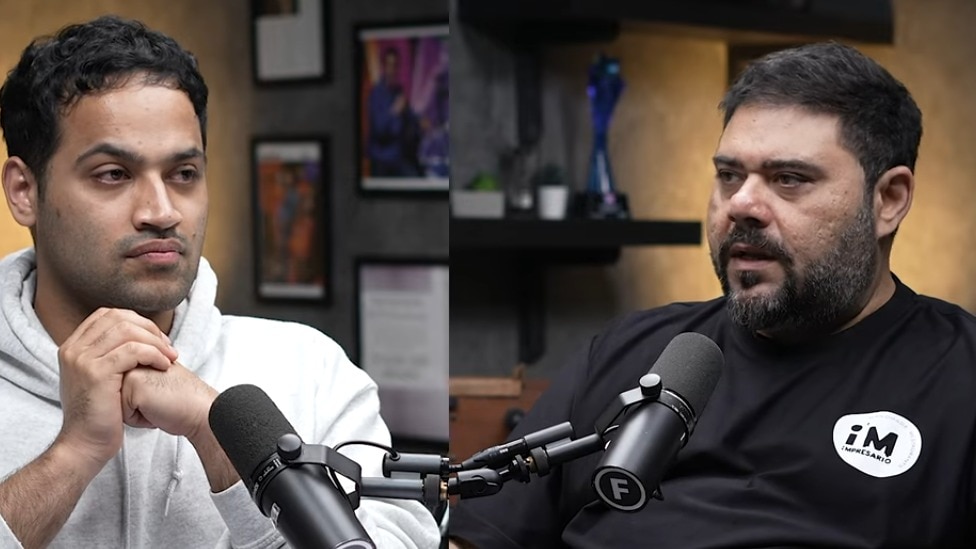Riyaaz Amlani, founder of Social and owner of over 80 restaurants, who now runs an ₹800 crore restaurant empire, shared his thumb rule before investing in restaurants.
During a podcast with Raj Shamani, he explained, “If you are investing in a restaurant, your return on capital deployed should ideally come back within 30 months. That is, you should get your money back in 30 months. This is one rule we follow.”
He also emphasised the importance of achieving a stall-level EBITDA of 15–20%, saying, “It’s becoming harder and harder to make 20%, but let’s say if your sales are ₹100, you want to take ₹20 back home—so a 15–20% EBITDA is expected”.
Amlani cautioned that while PAT (Profit After Tax) is a corporate measure, “at the stall level, EBITDA has to be around 15–20%. Why? Because if you want to build a corporate structure around it, corporate expenses will take another 6–8% of your stall-level revenue. So, your ROI should still be recoverable within 30 months”.
Reflecting on his own business journey, Amlani said, “Currently, our business is around ₹800 crore, and we’ve been doing this for 22 years. There isn’t anyone bigger than us in the restaurant space in India, except for quick service restaurants like McDonald’s or the Indian version of Domino’s. In terms of pure retail, we are the largest non-listed food services business.”
Addressing expansion, he added, “I would rather have brands worth ₹50–200 crore than a ₹2,000 crore brand, because I feel change is imminent. Right now, 50% of all food services are in 10 cities in India. These top 10 cities are growing faster than tier-2 cities. So I’d rather have 20 brands in 10 cities than 1,000 outlets spread across 1,000 different locations. It’s more interesting to capture a bigger share of wallet in a bigger market than a smaller share in a smaller market”.
Amlani described the licensing maze facing restaurant owners, “For each restaurant, you need around 40 different licenses, and each city has different rules. Mumbai and Navi Mumbai have completely different rules. Delhi and Gurgaon are different. Noida is different. Each license has multiple windows—Gujarat has a one-window policy, but in reality, even one window has 10 desks, and there are 40 windows in total.” He added, “If you just want to sell a sandwich, you still need police permission, municipal permission, and FSSAI permission.”
Amlani believes that simplifying these regulations could help more entrepreneurs enter the sector, stating, “If all four licenses were listed in one place, it would incentivize people to enter the industry instead of discouraging them. Right now, it’s discouraging”.


